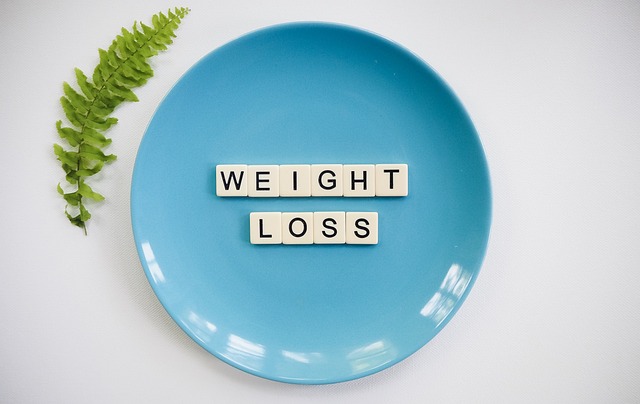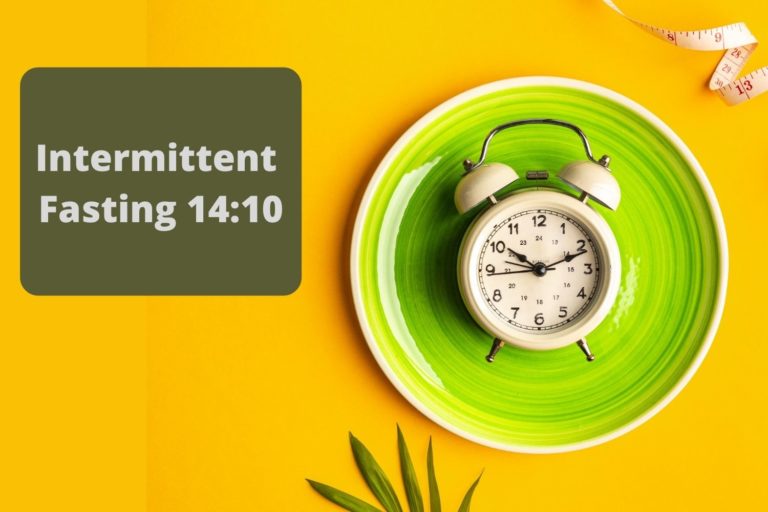Intermittent fasting has been shown for years to be effective for weight loss. There are different types of intermittent fasting, each with a different length of the fasting period and eating window. But what is the right way to intermittent fast?
In today’s article, I will remind you of what intermittent fasting is, the different types of intermittent fasting eating patterns, the health benefits and effects of intermittent fasting, and whether you should do daily intermittent fasting.
Intermittent Fasting Overview
Consider this a quick reminder on intermittent fasting, just to bring to mind what you already know about this type of restricted diet. What is intermittent fasting? It is a type of diet that involves calorie restriction during the fasting period and consuming food as usual during your eating hours.
The fasting periods usually last between 10 to 16 hours, depending on the form of intermittent fasting you are on. Speaking of types of intermittent fasting, why not list them?
- The 5:2 diet: When you eat as you normally do for five days a week and are restricting calories by 20% of your normal diet then you are following the 5:2 diet.
- Alternate day fasting: it involves eating on one day and fasting on the next. Here calorie restriction is recommended to 500 calories or less on fasting periods.
- Eat stop eat diet: The typical diet of this type of intermittent fasting involves fasting for a whole 24 hours for one or two days a week. You’re not too fast on two consecutive days when following this diet.
- Warrior diet: This one is a bit different from the rest because your eating window is at the end of the day. During the day, your diet includes small amounts of raw fruits and vegetables. At night, you get a 4-hour window to feast on a large meal.
- Time-restricted eating: This involves restricting food consumption for a given number of hours. The most popular forms of time-restricted eating are the 14:10 diet and the 16:8 diet.
In the 14:10 diet, you fast for 14 hours and have a 10-hour eating window. In the 16:8 diet, you are expected to fast for 16 hours and have an 8-hour eating window.
How does intermittent fasting work to help you lose weight? Reducing calorie intake or calorie restriction creates a calorie deficit that causes your body to burn fat stores. The most common type of intermittent fasting is the 16:8 diet.
How Does Intermittent Fasting Work?
Allow me to start by mentioning that your body’s main source of energy is glucose, while its secondary source is fat, triglycerides to be specific.
Excess glucose is stored as glycogen in the liver to be converted to glucose during fasting or starvation mode. When these glycogen stores are depleted then your body is forced to use fats for energy.
What happens in the body from the moment you eat, when you start fasting and hours into your fast?
Fed State
After consuming food during eating windows, your body breaks down food to produce glucose. Blood sugar levels rise which increases the release of insulin. Insulin will inhibit the action of enzymes regulating fat oxidation.
If you had consumed too much food or carbohydrate-dense food, then excess glucose will be converted to glycogen.
Post-absorptive Phase
Once you stop eating and your blood sugar levels drop, your body enters a catabolic state where it breaks down what it has in its stores for energy. Your body converts glycogen to glucose through glycolysis when blood sugar levels drop.
Keep in mind that if you stick to low-carb foods when following this eating pattern your glycogen stores won’t have as much glycogen to be converted to glucose. This way your body will deplete glycogen stores faster turning to fat stores for energy through ketosis thus promoting fat loss.
When insulin levels are low, your body releases cortisol, human growth hormone (HGH), glucagon, and adrenalin that promote fat metabolism.
Gluconeogenesis
After glycolysis, your body will undergo gluconeogenesis, a process where it breaks down non-carbohydrate substrates to produce glucose.
The liver synthesizes glucose from protein. The protein you are converting is not from lean muscle mass but from old, damaged cells and tissues that your body breaks down and uses components to make new cells. This process is referred to as autophagy.
The proportion of protein in the body of overweight and obese individuals is higher compared to those with normal body weight. This is what puts them at risk of cancer and polycystic ovarian syndrome (PCOS). Autophagy triggered by intermittent fasting promotes the breakdown of these excess proteins reducing the risks of developing chronic diseases.
Ketosis
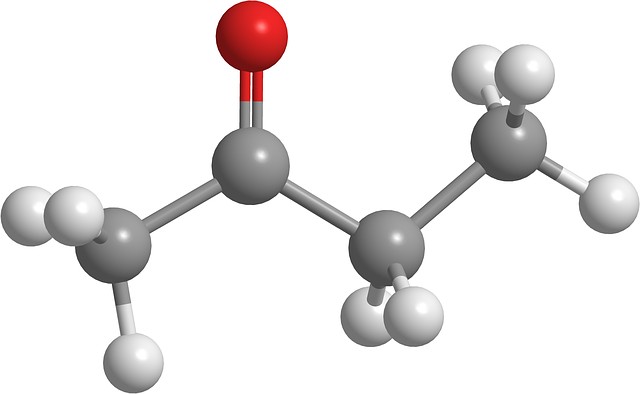
Ketosis is achieved when you consume other diets like low-carb diets, or you are on a prolonged fast. It involves the breakdown of fats to produce ketones, the brain’s preferred fuel source.
Before you start panicking, there’s a difference between nutritional ketosis and ketoacidosis. The former has numerous health benefits to your metabolic health while the latter refers to high blood acidity and can be life-threatening.
Starvation Mode
In this stage, your body’s metabolism has slowed down and you are conserving protein and surviving on fats for energy. The levels of your hunger hormone, ghrelin, will lower while those of leptin will rise reducing calorie intake.
When you fast for longer periods, your insulin growth factor-1 (IGF-1), an insulin-like hormone that regulates cell growth reduces. In short, daily intermittent fasting may enable your body to regulate blood sugar and promote fat loss once it gets used to longer fasting periods and ketosis.
Should You Do Daily Intermittent Fasting?
There’s no definite answer to this question because it depends on your intermittent fasting schedule. Your lifestyle and schedule will determine your intermittent fasting pattern. Let me bring this to perspective!
Most people who follow the 5:2 diet are busy from Monday to Friday so they prefer fasting or eating fewer calories on these days of the week. During the weekend when they are free, they make these days eating windows. There’s nothing wrong with this type of fasting.
For others who sleep late during the weekend, it may be challenging to follow the 5:2 diet since the first meal will have to come much later in the day. So, they may prefer following alternate-day fasting, where they fast for a whole 24 hours.
What is my point? Daily intermittent fasting is not an issue as long as the eating plan is within the basic rules of eating and fasting right and works within your schedule.
Should You Do 16:8 Intermittent Fasting Every Day?

If you’re on the 16:8 diet, consistency is key. Try fasting for 4 or 5 days when fasting for 16 hours with eight hours eating periods. This way you will easily adapt to not eating for longer periods faster than if you were to skip days. It will also enable your body to get used to using fat for energy from fat mass oxidation.
What Are the Health Benefits of Intermittent Fasting?
Why should you follow an intermittent fasting schedule? Here are a few benefits of lowering caloric intake by following an intermittent fasting eating plan:
Losing Weight
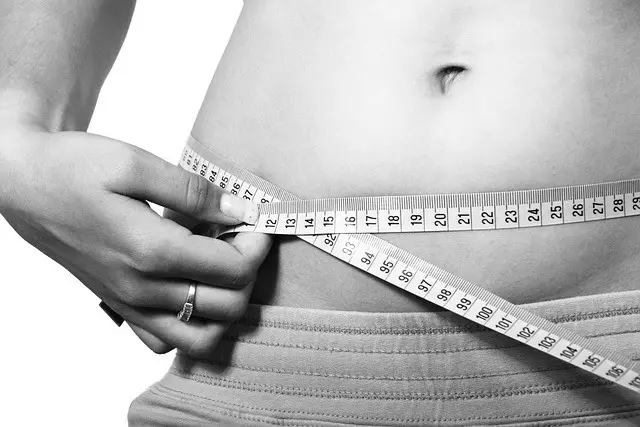
Why most people prefer intermittent fasting as a weight loss method because it doesn’t require counting calories or tracking grams of food consumed. Studies have shown that following a diet that involves eating and fasting can have similar amounts of weight loss to a restrictive diet.
Researchers reviewed this article and found that intermittent fasting, periodic fasting, or intermittent energy restriction demonstrated beneficial effects on weight loss. Other reviews have shown that high protein, low carb diets, and intermittent fasting are great for weight loss.
Intermittent fasting alone may not be effective in triggering weight loss because it does not have any food restrictions during the eating window. Consuming large meals or having poor eating habits while intermittent fasting leads to weight gain rather than weight loss.
Regulates Blood Sugar
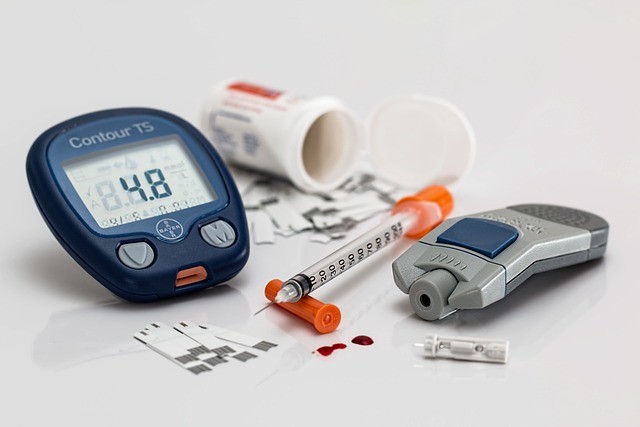
Reducing calorie intake will lower the number of calories available to your body for energy. Low blood sugar levels reduce insulin levels which in turn reduces insulin resistance. Research has shown that intermittent fasting can be beneficial in regulating fasting insulin levels in diabetes mellitus.
Intermittent fasting improved body composition including weight and targeted morning glucose. Fasting can reduce plasma glucose, insulin, and adiponectin by 12.3%, 52.8%, and 45.6% respectively. Adiponectin is a hormone secreted by adipose tissue that regulates fat and glucose oxidation. Lowering adiponectin in intermittent fasting is correlated with a decrease in weight and body mass index. Insulin sensitivity has also been shown to increase while insulin resistance decreases.
Good for the Heart
You can promote the overall health of your heart by following an intermittent fasting plan. A randomized controlled trial to assess the effects of intermittent fasting on lipid profile and HDL cholesterol resulted in a significant change in total, high-density lipoproteins, and low-density lipoprotein (LDL) cholesterol, with an increase in HDL cholesterol in individuals on the intermittent fasting plan.
Another study assessed the effects of intermittent fasting on blood pressure, body weight, lipoprotein variables, and plasma lipid. There were beneficial effects on systolic blood pressure, body weight, waist circumference, and triglycerides. Intermittent fasting also promoted an increase in HDL cholesterol and a decrease in LDL cholesterol.
Intermittent fasting is good for the heart because it improves cardiovascular biomarkers.
Promotes Cognitive and Brain Function
Animal studies have shown that intermittent fasting can be beneficial to your brain structure and how it functions. Following an intermittent fasting eating pattern showed an improvement in learning and memory in mice thanks to the higher expression of the dendritic protein, debrin, and reduced oxidative stress.
One study showed that intermittent fasting reduced neuroinflammation in intracerebral hemorrhage. The anti-inflammatory benefits of intermittent fasting make it a good preventive treatment method for neurodegenerative diseases like Alzheimer’s disease.
Other health benefits of intermittent fasting include:
- Reduce leptin resistance regulating hunger.
- Anti-inflammatory properties.
- Promotes secretion of growth hormones.
- Can enhance longevity.
- Aid with preventing cancer and disease progression.
What is the Best Daily Intermittent Fasting Schedule?
If you’re intermittent fasting right, then the schedule you are on is the best for you. Some prefer the 16:8 diet because they can commit to it for longer while others would rather follow the 5:2 diet. How do you do your intermittent fast right to ensure your schedule is the best for your weight loss goals?
How to Intermittent Fast
This is what to do to ensure you are intermittent fasting right:
Healthy Diet
What you eat when intermittent fasting plays a big role in determining whether you are doing it right. The keto diet is a great eating habit to pair with your intermittent fast to promote fat burning. A ketogenic diet promotes eating low-carb veggies and foods high in healthy fats to promote weight loss and other benefits.
However, whole grains, most fruits, and starch vegetables are not allowed on the ketogenic diet since they are high in carbs and can spike your insulin levels. These foods can kick you out of ketosis lowering your body’s fat burning. Your eating habits shouldn’t only be focused on a balanced diet, but the glycemic index and load of the foods you consume.
Other keto-friendly foods include nuts and seeds, olive oil, coconut oil, lean protein, poultry, eggs, seafood, fatty fish, berries, dairy products, and natural sweeteners like stevia and monk fruit. The fast keto or speed keto diet can help you achieve a healthy weight through ketosis and autophagy. Incorporate low-carb foods during your eating window to reduce glycogen stores when fasting.
Exercise
There is a healthy way to work out while intermittent fasting. Fasting while exercising will promote muscle mass building and reduced caloric intake which promotes fat mass loss.
Pay attention to the kind of foods you eat pre and post-workout because they determine your healing and exercise outcome.
What to Eat During Fasting Periods on Intermittent Fasting
When fasting eat or drink foods rich in nutrients that promote satiety and reduce hunger. The best foods to eat are liquid drinks or beverages that are low in calories and sugars. Solid foods and calorie-dense foods are not allowed during the fasting window. Broths, teas, and coffee are the best beverages to enjoy when fasting, they will not break your fast.
Who Should Not Intermittent Fast?
Some underlying health conditions may disqualify you as a candidate for intermittent fasting. Individuals suffering from eating disorders should not intermittent fasting unless supervised by a doctor. Calorie restriction can increase the risks of disordered eating since it is both a trigger and symptom of an eating disorder.
These individuals already struggle with skipping meals so restricting calories may have adverse effects on them. Consuming large meals during eating windows may promote binge eating worsening these mental health disorders.
Other individuals who should avoid intermittent fasting are those on diabetes or low blood pressure medications.
Is It Better to Fast for 12 or 16 Hours?
Fasting for 16 hours is beneficial as long as you have no comorbidities, and your doctor approves of it. A 12-hour fast is a good place to start if you are a beginner to fasting and gradually progress to 16 hours fasting periods. Fasting right for 16 hours will take a shorter time to experience any significant weight loss than 12 hours of fasting.
How Long Does It Take for 16:8 Intermittent Fasting to Work?
If you’re fasting right, you can see significant changes in body weight after 8 to 10 weeks of intermittent fasting. You can lose 10 to 15 pounds in a month of intermittent fasting depending on your calorie needs and your level of activity.
Bottom Line
Daily intermittent fasting is safe if done right and can have many benefits including blood sugar control, weight loss, improved lipid profile, and controlled hunger. What provided the calories you consume when fasting is important to achieve and maintain ketosis. A low-carb diet like the keto diet is a good eating pattern for your eating window.
What type of intermittent fasting do you follow? What do you eat when fasting and what foods are in your diet during your eating windows? Drop your answers in the comment section!



